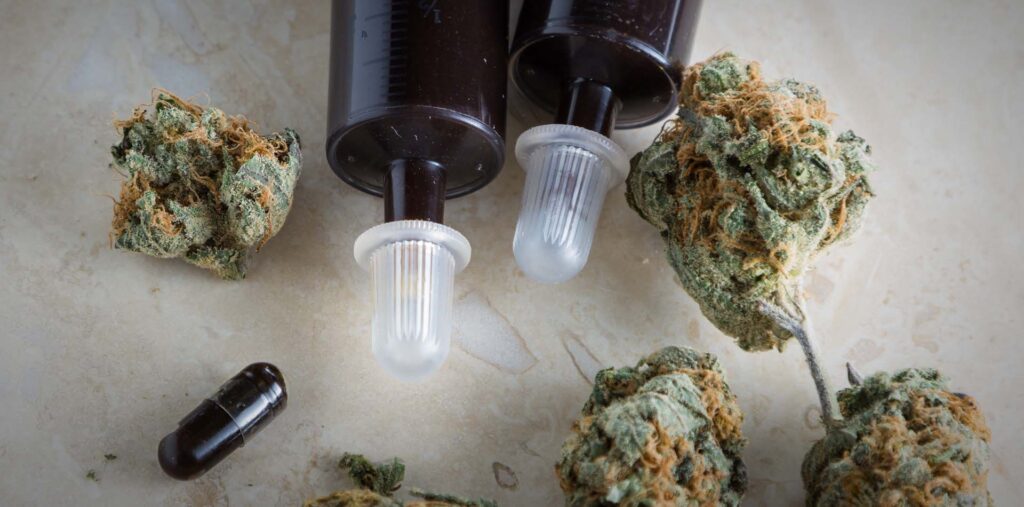A syphilis infection can progress through three stages: primary, secondary, and latent. During the first stage, a small sore may appear on the genitals or mouth. The sore may resemble a pimple and is usually painless.
Franklin’s views on contagionism evolved independently of those of Pringle and Fothergill, although they shared many similar beliefs. For example, both believed that microscopic animalcules transmitted disease.
What is syphilis?
Syphilis is a bacterial infection that most often spreads through vaginal, anal or oral sex. It can also pass from a mother to her unborn child (congenital syphilis). The disease goes through four stages. Symptoms change with each stage. Antibiotic medications treat syphilis. It’s important to finish all the medication, even if symptoms go away.
In the early or primary stage of syphilis, you might notice one or more sores called chancres. These are painless ulcers that develop on your genitals, inside your mouth or on your anus. They usually heal without leaving a scar within about 6 weeks.
You are contagious in this stage. You can give syphilis to others by touching these sores or by having anal, vaginal, or oral sex. You can find out if you have syphilis by asking your healthcare provider to do a simple blood test. The test looks for antibodies to the syphilis germ. Your provider may also remove a bit of fluid or skin from a chancre and look at it under a microscope to check for the germ.
Symptoms of syphilis
Syphilis spreads through direct contact with an infected sore, called a chancre. These chancres can develop in the penis, vagina, anus, or lips and mouth. They may resemble pimples or be painless, especially in the early latent stage of the infection. Syphilis can also be spread through unprotected sex. Pregnant women can also pass the infection to their babies.
After 3 to 6 weeks, the syphilis sore will disappear. Even if you don’t get treatment, your infection will move to the second or third stages. Without treatment, syphilis can cause damage to your body, including a damaged liver and brain.
After the sores go away, syphilis can cause bumps on your skin (gummas). It can also cause problems with your nerves, bones and sexual organs. If you don’t get treated, syphilis can lead to serious health problems, including HIV infection and complications during pregnancy. Without treatment, syphilis may also damage your heart, kidneys and other organs.
Treatment for syphilis
The bacteria that cause syphilis can move through four stages: primary, secondary, latent, and tertiary. Without treatment, each stage has different symptoms and can lead to serious health problems.
In the first or early stage, you get one or more painless sores called chancres. They appear on your genitals, around the anus or rectum, or in your mouth. The chancres heal within 3 to 6 weeks. If you treat them, syphilis won’t advance to the next stage.
Medications like penicillin can cure syphilis. But you should continue to take the medication until your doctor says it’s finished working. Some people may have a reaction to the drug, such as chills, fever, nausea, achy or sore muscles and a headache. It’s important to tell your healthcare provider if you have a history of allergies. You may need to undergo penicillin desensitization before getting the medication.
Prevention of syphilis
The best way to prevent syphilis is to abstain from or have mutually monogamous sex. Syphilis can be spread through any type of unprotected vaginal, anal or oral sex. Syphilis can also be passed from mothers to their babies during pregnancy or childbirth. This type of syphilis is called congenital syphilis. Congenital syphilis can lead to serious lifelong health problems for the baby, including brain damage and nervous system dysfunction. It can also increase the risk of HIV infection for both mother and baby.
Syphilis can be spread by touching or kissing an infected person’s syphilis sore, which is called a chancre. Chancres are usually painless, small, fluid-filled ulcers on the external genitals or in the vagina, anus or rectum. They may also appear under the foreskin of the penis or in the mouth. Syphilis can also be spread through minor cuts or abrasions on the skin or mucous membranes. During the primary and secondary stages of syphilis and during early latent syphilis, people are very contagious.



